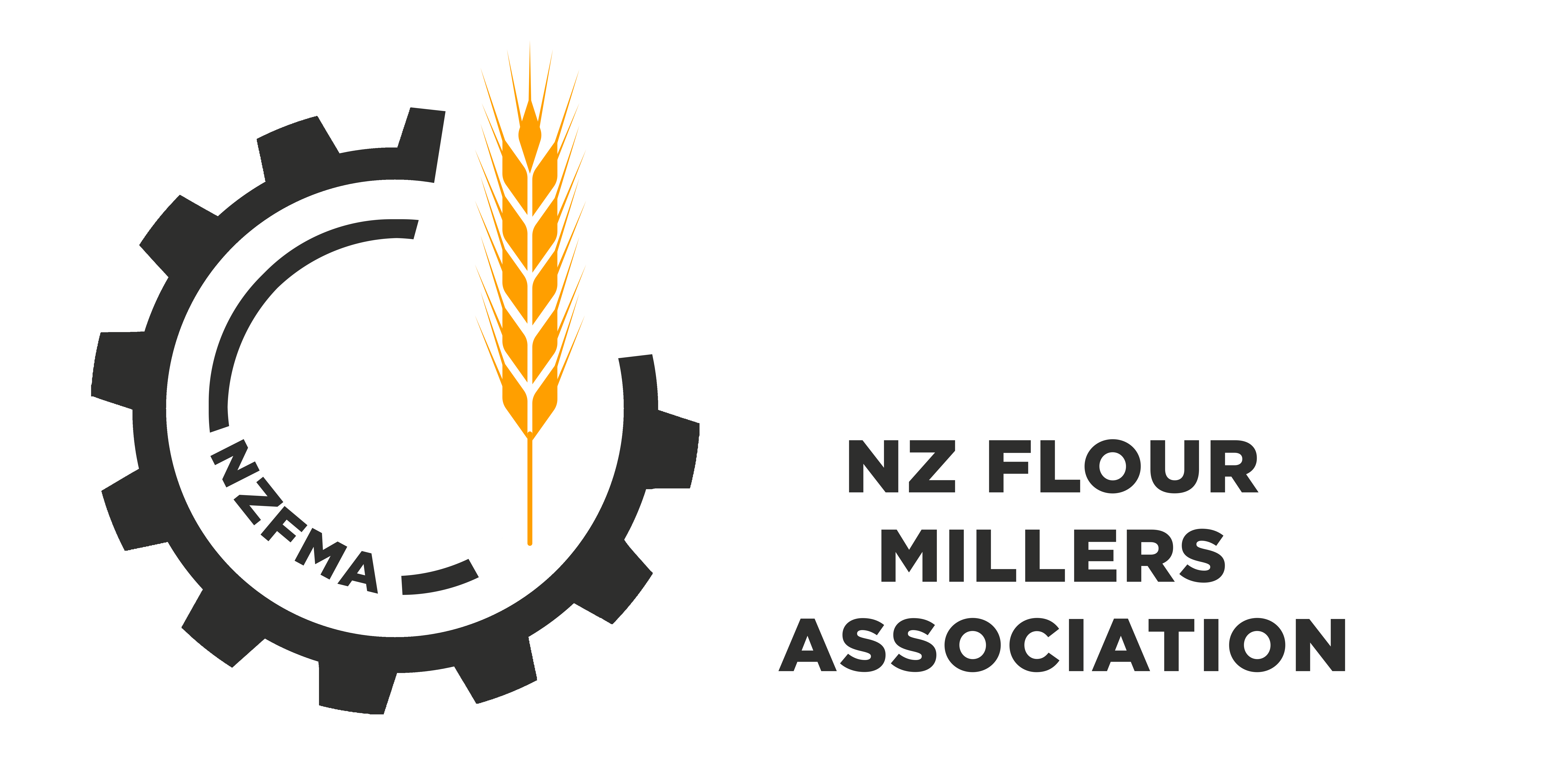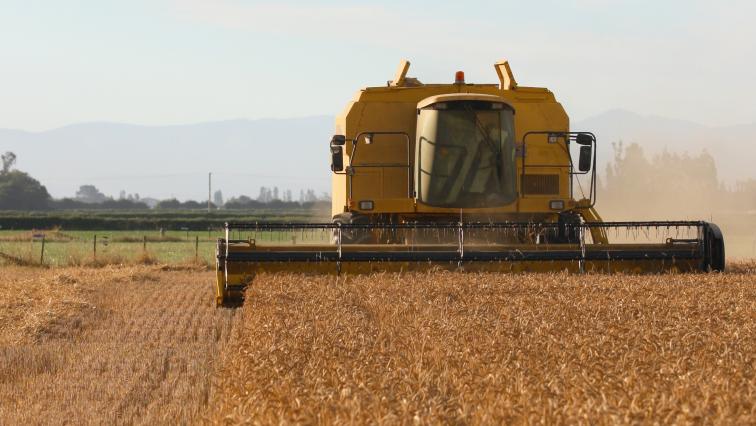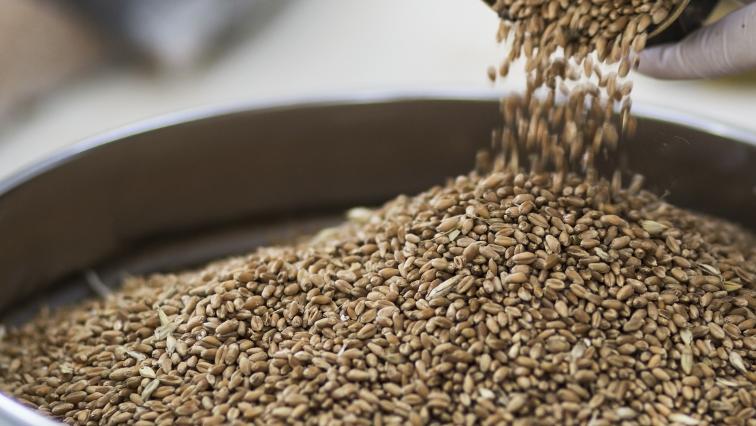Flour milling has always been at the forefront of industrial technology, and utilises many of the latest industrial process techniques to produce the finished products.
Modern milling is as much an art as it is a science, and there are many ways to achieve the required outcomes - you can teach old dogs new tricks in this business!
In a modern flour mill there is a requirement for both skilled and unskilled labour and, it would be fair to say, there is a job to suit everyone somewhere in the process
From grain silo operators to millers to laboratory technicians to warehouse operators, there is a wide variety of work that needs to be done.
Increased use of automation and control systems mean that engineering and computer skills also have their place in modern milling.
Interested in an exciting and rewarding career in flour milling?
Then please contact us at enquiries@flourinfo.co.nz to be put you in touch with our member companies, who are always on the look out for talented individuals who have the drive and ambition to work in a traditional but still modern industry.
The National Association of British and Irish Millers (nabim) runs a modular distance learning program that provides millers with an essential understanding and underpinning knowledge of the Flour Milling Industry. The Australian Technical Millers Association (ATMA) co-ordinates the program on behalf of nabim for Australia, New Zealand and the Pacific Islands. ATMA provide tutors to support students in each of the modules.
Completing this course is a great way to start a career in the Flour Milling Industry. Please click on the link for more information.
If you want good pay, opportunities to learn on the job, a stable career, and the chance to grow in an industry that will always need qualified professionals, then the grain milling industry is right for you.
A career in milling is one of the best kept secrets of all industries – providing challenging work and competitive salaries. While most milling supervisors have college degrees, many millers have advanced within a milling company with on-the-job training and years of experience.
There are a variety of positions available within a milling company, including production, operations, management, quality control, maintenance, marketing, purchasing, sales, and research & development.


